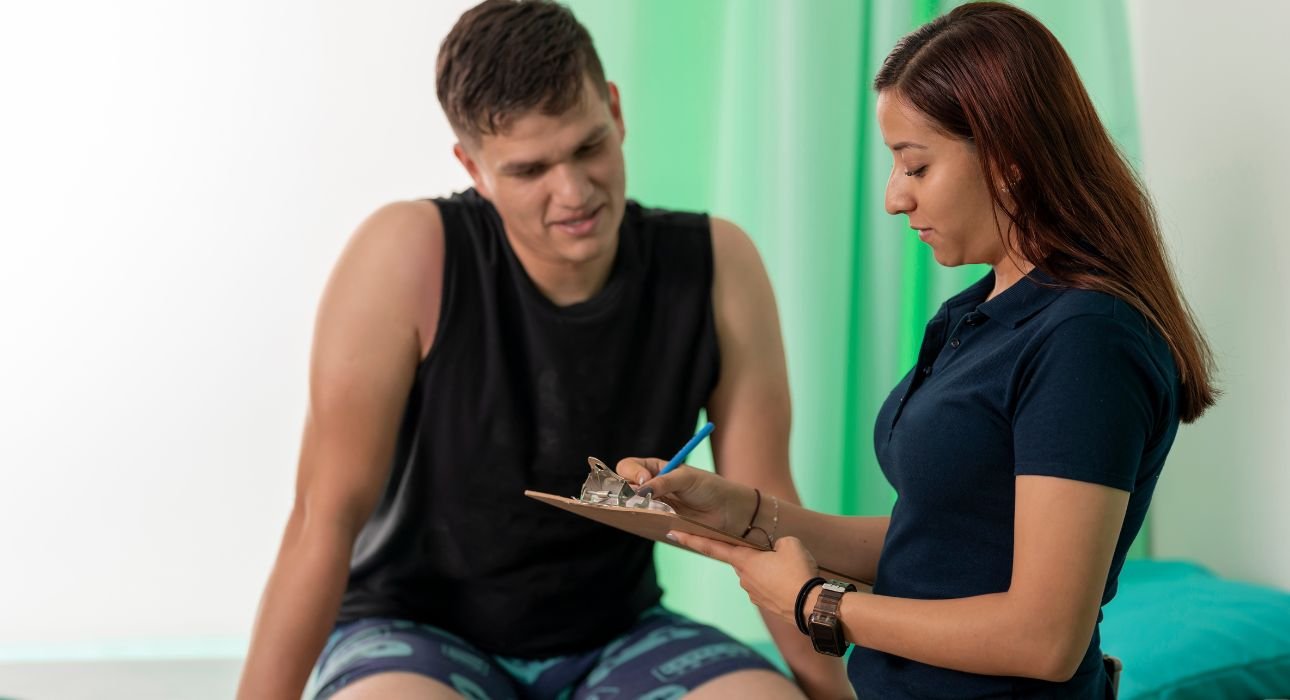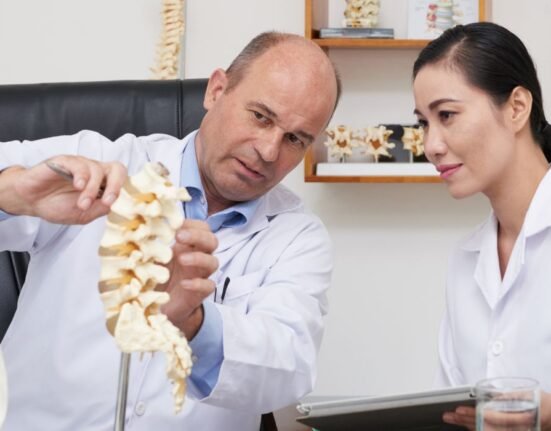Addiction recovery is a multifaceted, ongoing process that does not end with stopping just substance abuse but works beyond. This is a holistic approach to bringing people back to life. This is an active process to build resilience, find sobriety through a balanced life, and a meaningful approach to finding personal growth. However, the addiction recovery process has five main stages, and each of these stages plays a critical role in the ‘return to the health’ mission.
- Pre-contemplation
- Contemplation
- Preparation
- Action
- Maintenance
An addicted person goes through one stage after another, and sometimes, they return to the previous stage due to relapse. So, the process is not simple at all for addicted people. Professional interventions are required to spread mental health awareness so patients can re-engage in everyday life. Here, we will explore a few common questions about rehabilitation that generally come to mind so that you can gain insights and make the right decision when necessary.
What is the Rehabilitation Process?
Rehabilitation is a structured program that entails the idea of recovery. Well, it is a lifelong process of change and transformation for a person. This is not limited to substance abuse but more. It encourages people to become better people with positivity. However, there are some key components of rehabilitation programs.
- Detoxification
- Therapy
- support groups
- Aftercare planning
Each of these elements is required in the recovery process. The emotional and physical aspects of dependency are something to take care of in addicted people. A holistic approach is necessary to make it happen and make a better person.
What Does Detoxification Entail?
Detoxification, or detox, is a new coping mechanism that is under rehabilitation considerations and also the first step that every addicted person is required to go through. But how does it work? Well, the idea of detoxification comes with the safe removal of substances from your body. This is a step towards managing withdrawal symptoms. It is not just about you but people who are suffering from substance abuse. The detox process occurs under complete medical supervision in rehabilitation. This step is crucial as it prepares a person for recovery.
What Types of Therapy Are Offered?
Therapies in rehabilitation can vary but often include:
1. Individual Therapy: Individuals who have an addiction sometimes explore One-on-one therapy sessions.
2. Group Therapy: These sessions create a welcoming space where participants can express their experiences, build mutual understanding, and develop a sense of connection, ultimately easing feelings of isolation.
3. Family Therapy: Engaging family members in the process can rebuild trust and provide them with greater insight into addiction and the path to recovery.
4. Cognitive Behavioral Therapy (CBT): This therapeutic approach emphasizes recognizing and transforming negative thought patterns and behaviors associated with addiction.
How Important is Aftercare?
Relapse is a common concern in every recovery process. Therefore, while going through the five significant steps of addiction recovery, aftercare comes in front as a crucial stage to stop relapse. It helps build personalized relapse planning. It is also an idea that encourages people to check in with therapists, attend support groups, and develop a strong personality that does not relapse easily. This process also helps repair relationships and re-engage in everyday life while prioritizing well-being.
What Role Do Support Groups Play?
In the aftercare process, the role of support groups is undeniable. It helps build a network that you exactly need. Individuals who are suffering from addiction often stay in a risky condition. Relapse can occur anytime, so they need support groups to encourage them to live an everyday life and engage them in positive activities. These support groups provide a safe space to share your experience and also gain insights from others.
You can also gain the real-life experiences of others, which ultimately ensures a better life expectancy. Attending support groups will also help you get involved in critical activities that you have never been through. Our mind wants something fresh, and you will be able to grab fresh ideas and opportunities from these support groups. Additionally, these support groups help initiate a recovery journey you were always willing to cover.
Is Relapse Common?
Relapse can be a part of the recovery process for many individuals. It’s essential to understand that relapse does not mean failure. It can provide a valuable learning opportunity, allowing individuals to recognize triggers and identify areas that need more attention in their recovery. A strong support system and a well-structured aftercare plan can significantly lower the risk of relapse.
How Can Loved Ones Support Someone in Rehabilitation?
Support from family and friends is vital for someone in recovery. If someone close to you is suffering, you can help them in these ways-
- Educate yourself
- Encourage communication
- Participate in support groups
- Avoid enabling behavior
Recovery is Possible
Recovery is possible, but not alone. You need professional help and support groups to get through this challenging phase of life. However, recovery always remains a personal path that depends on you mostly. Therefore, all begins with you and continues. Addiction recovery is a process with five stages, and recovery is a never-ending process with continuous self-care.













Leave feedback about this